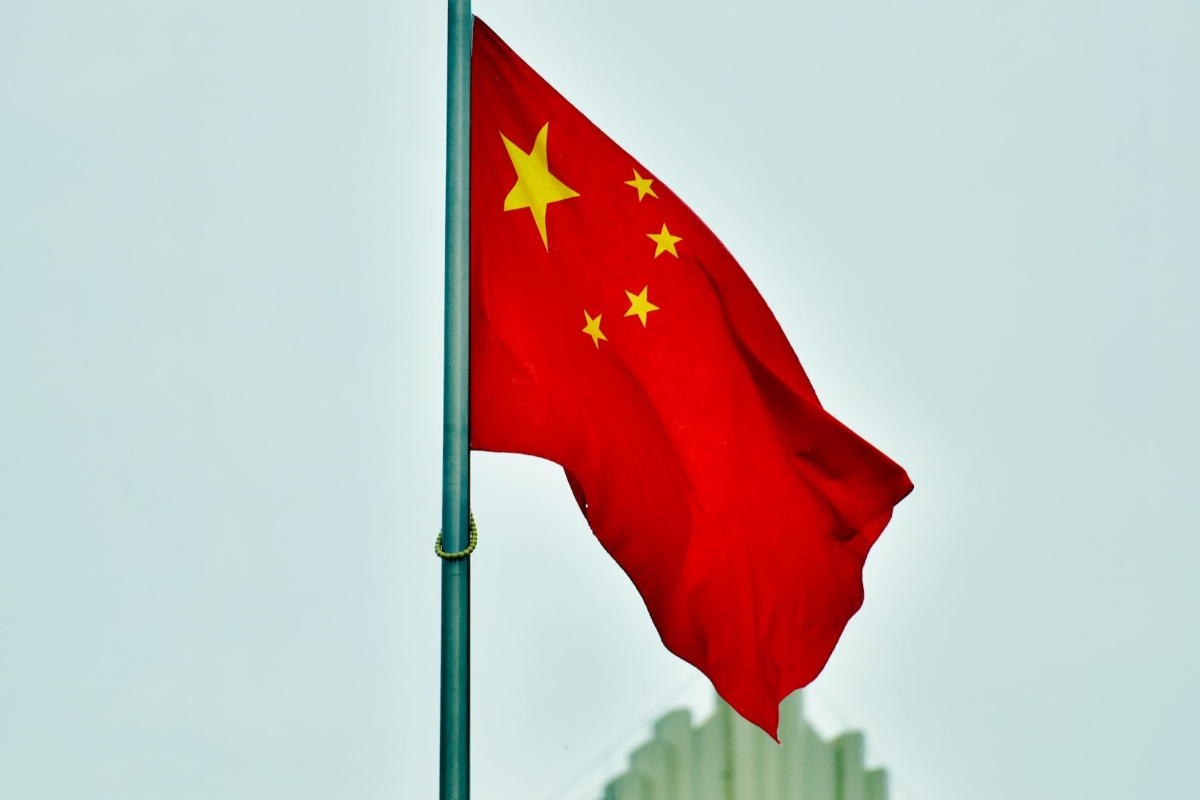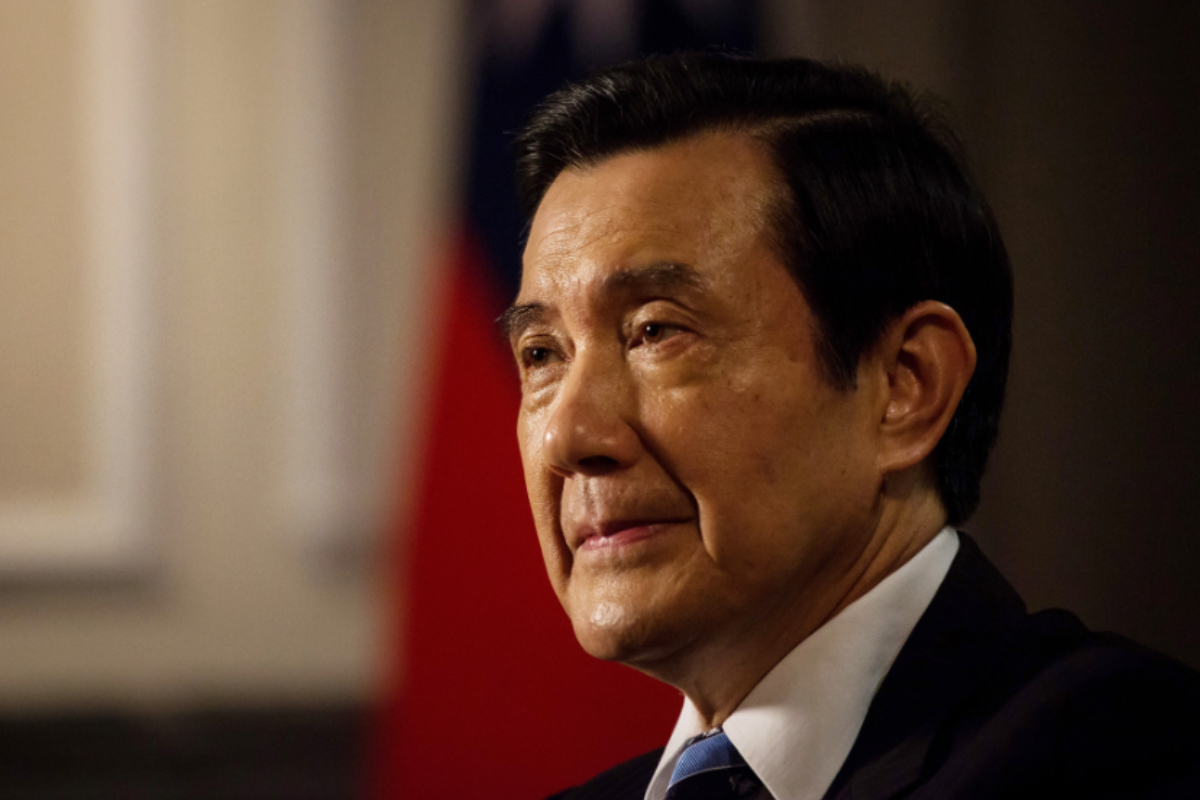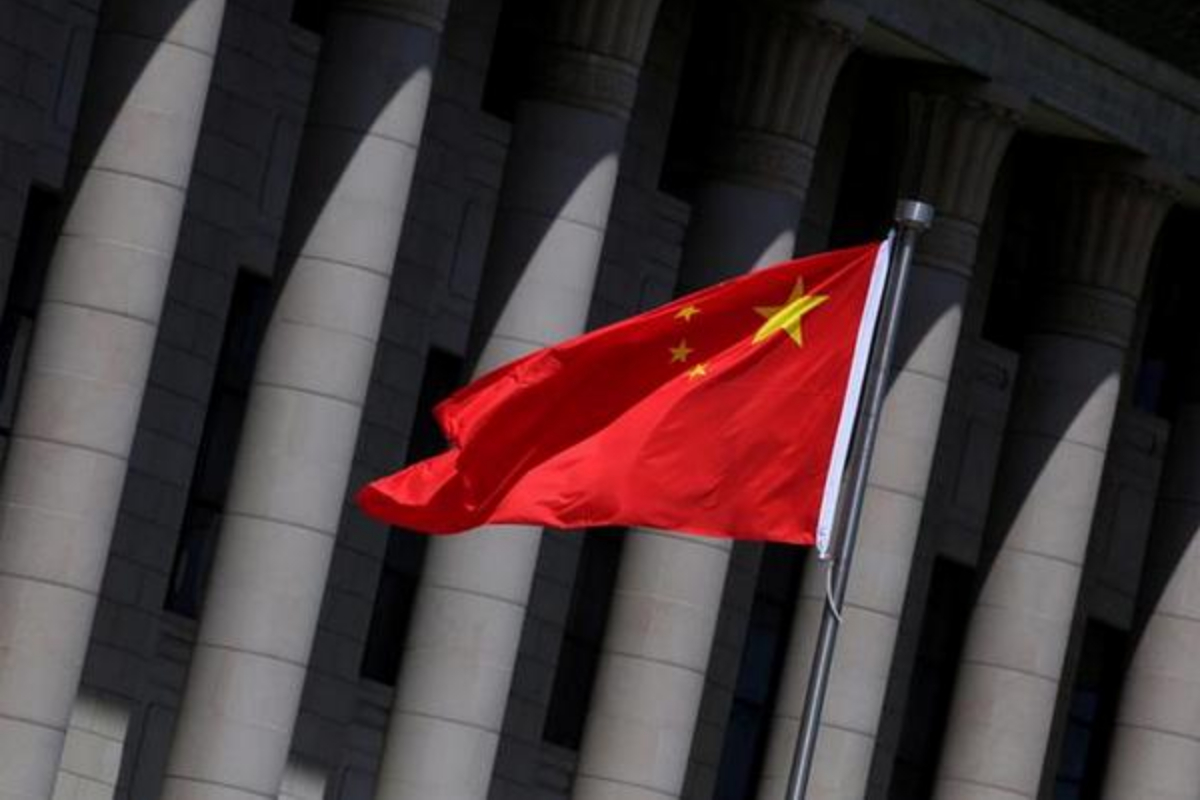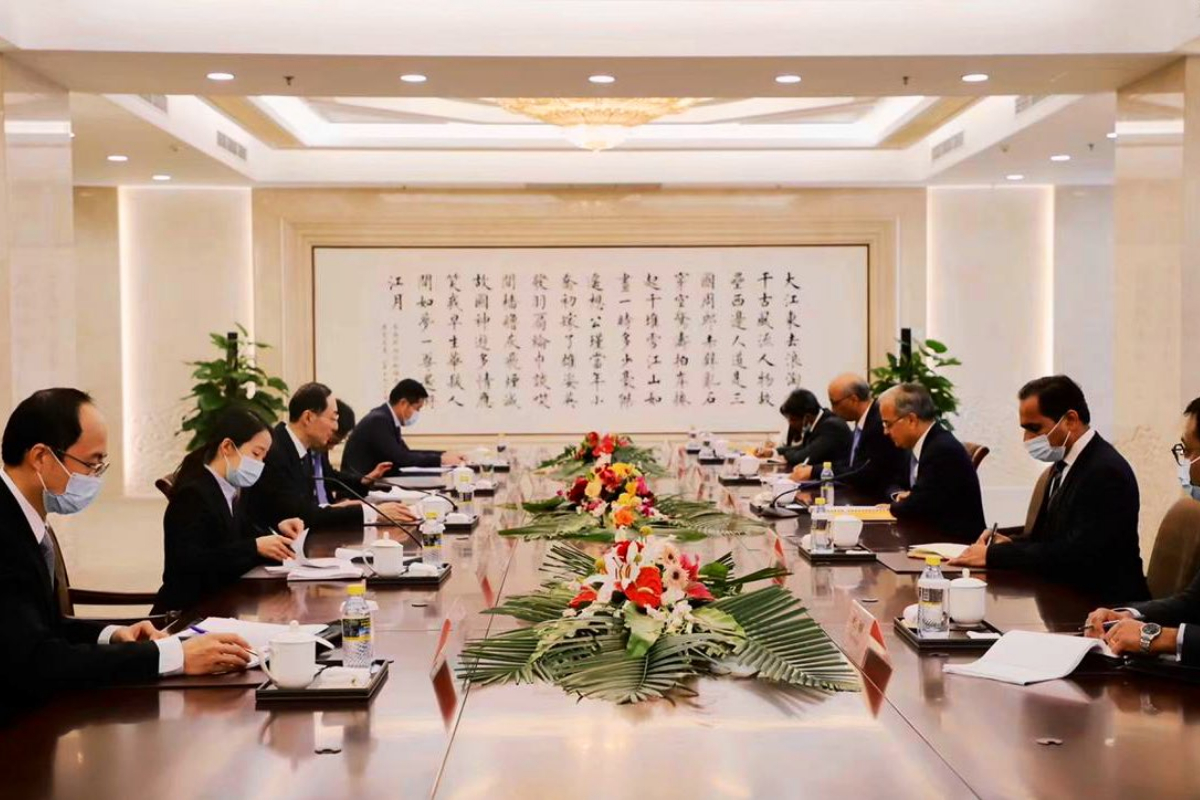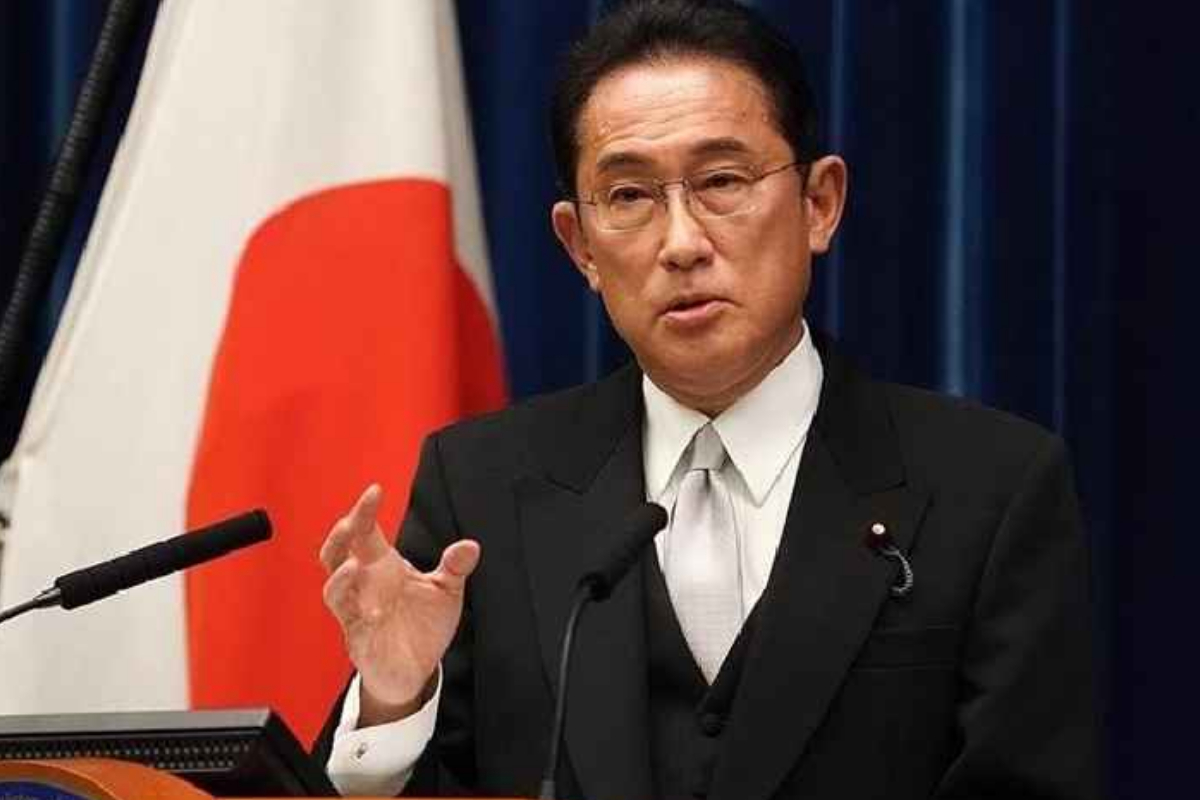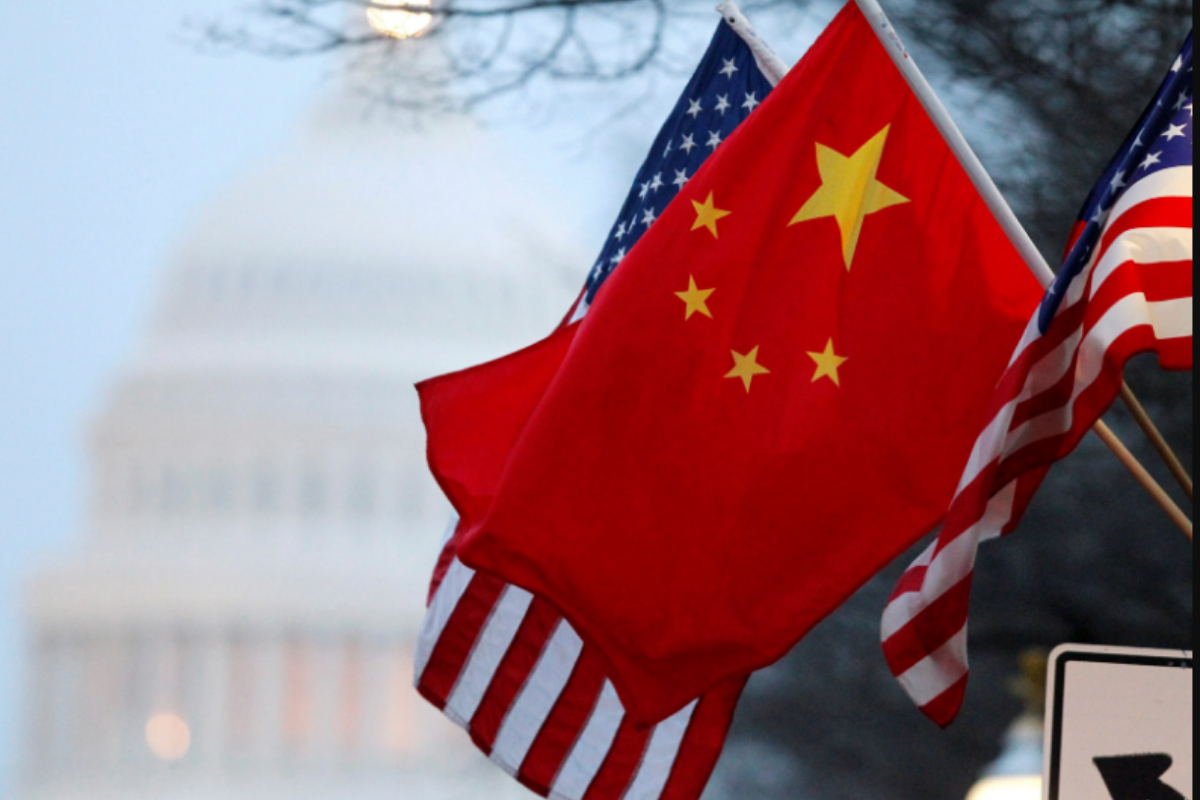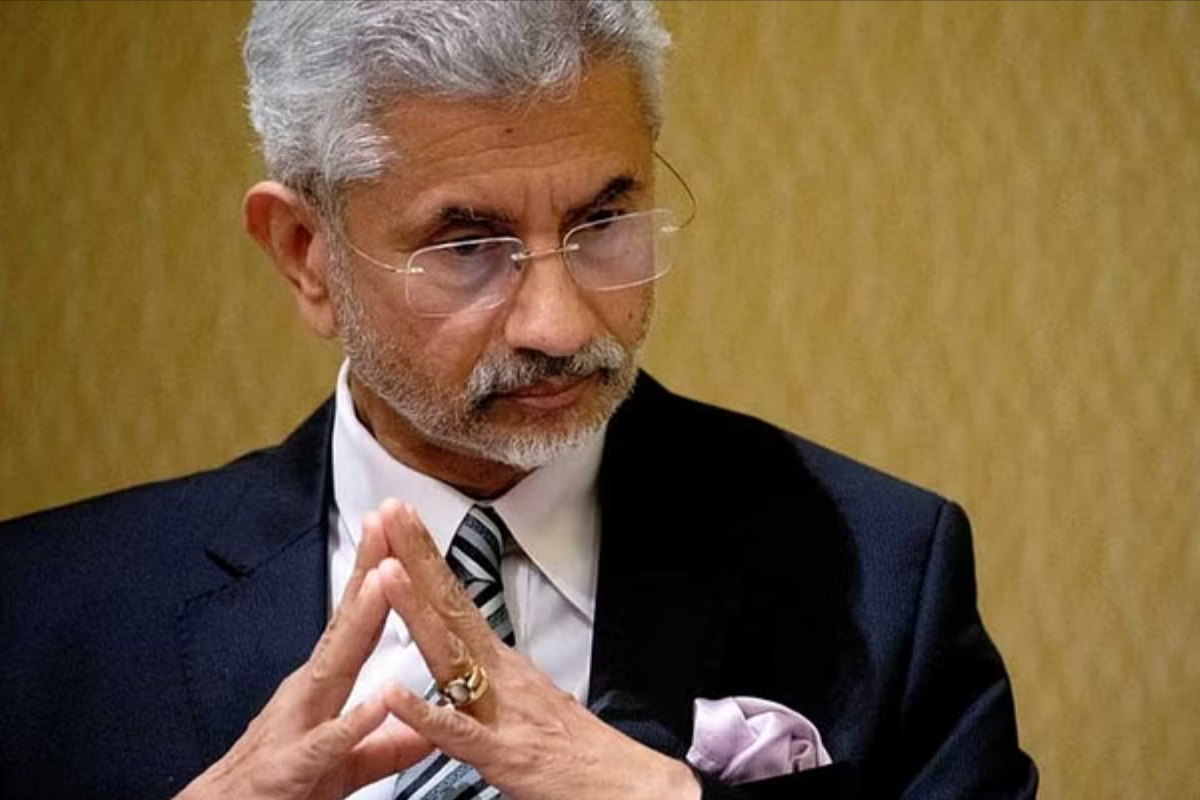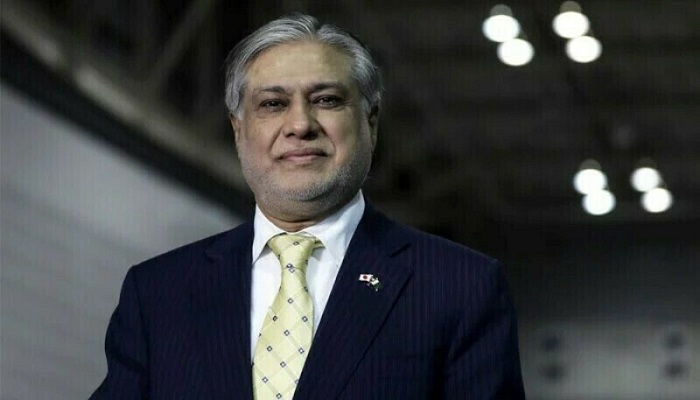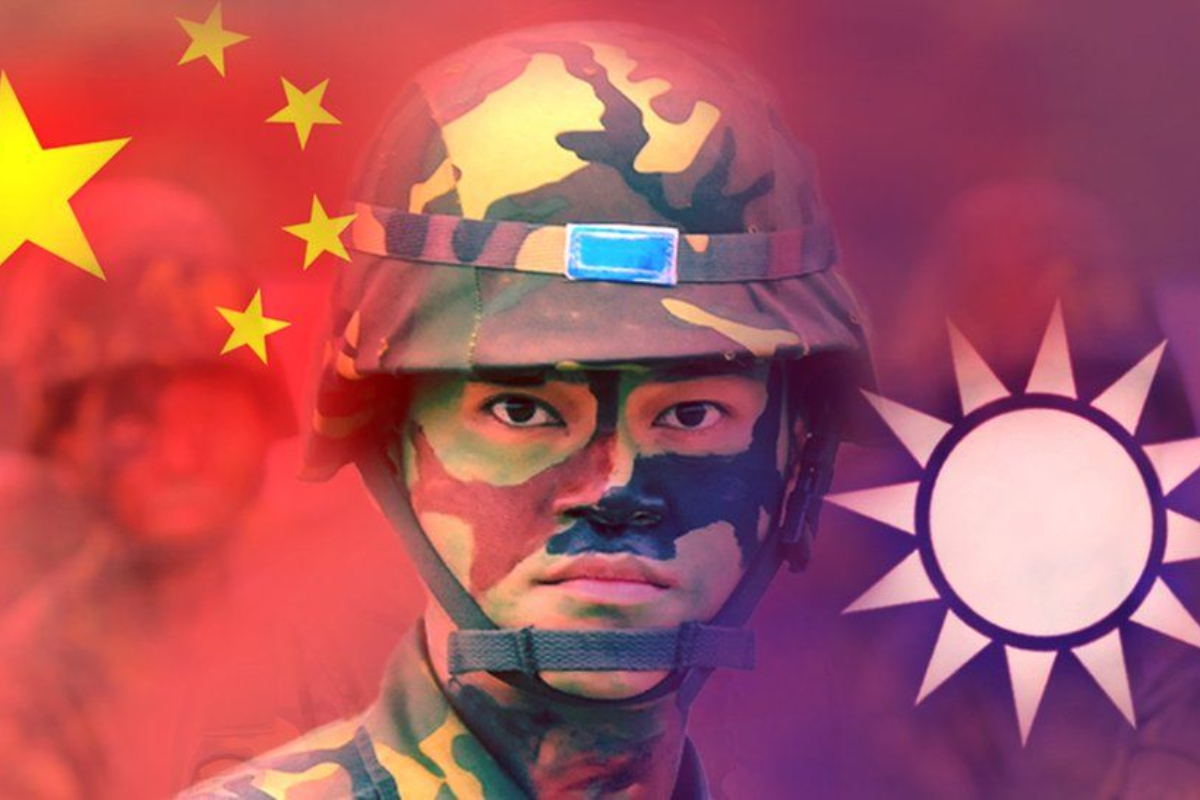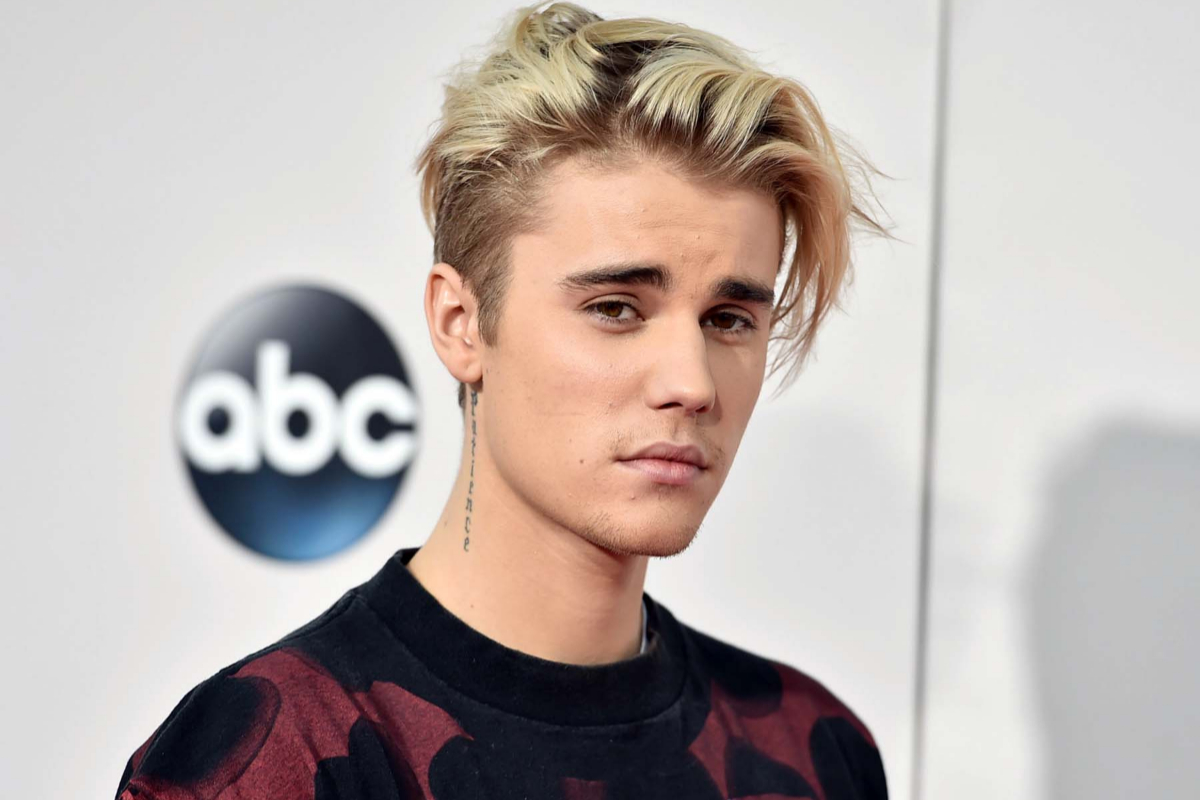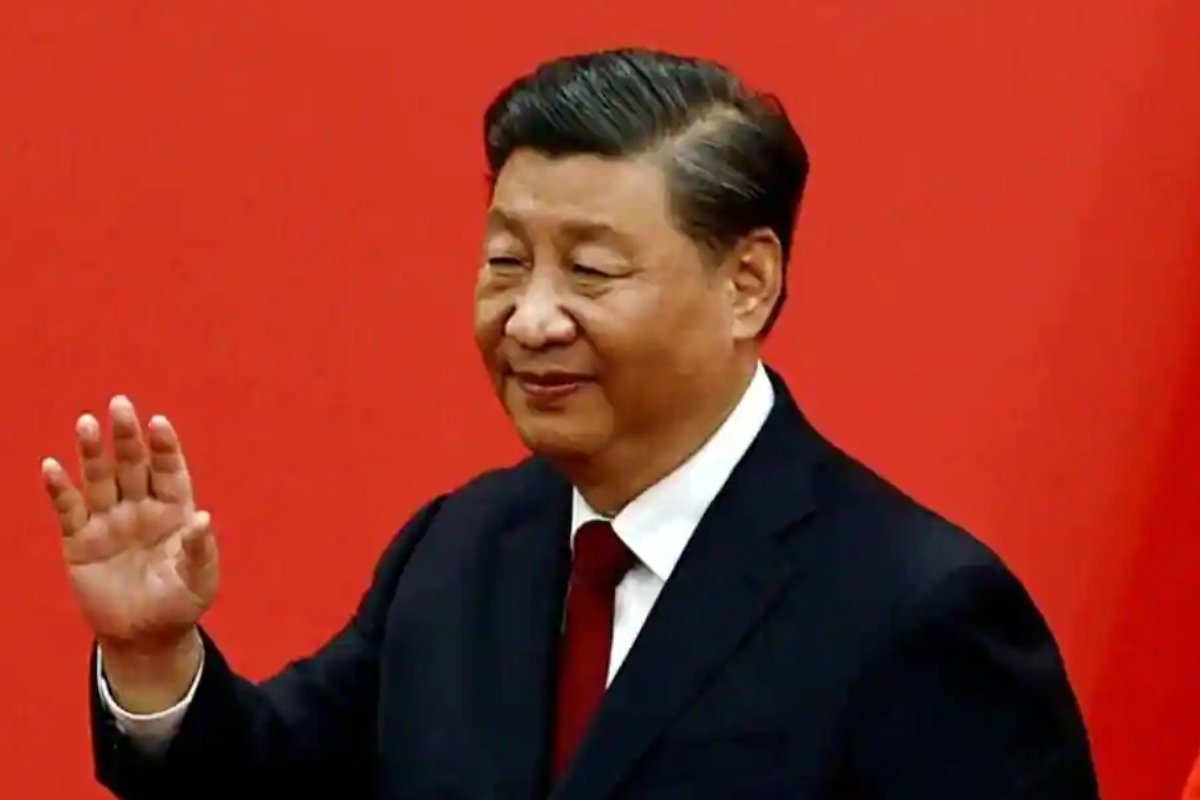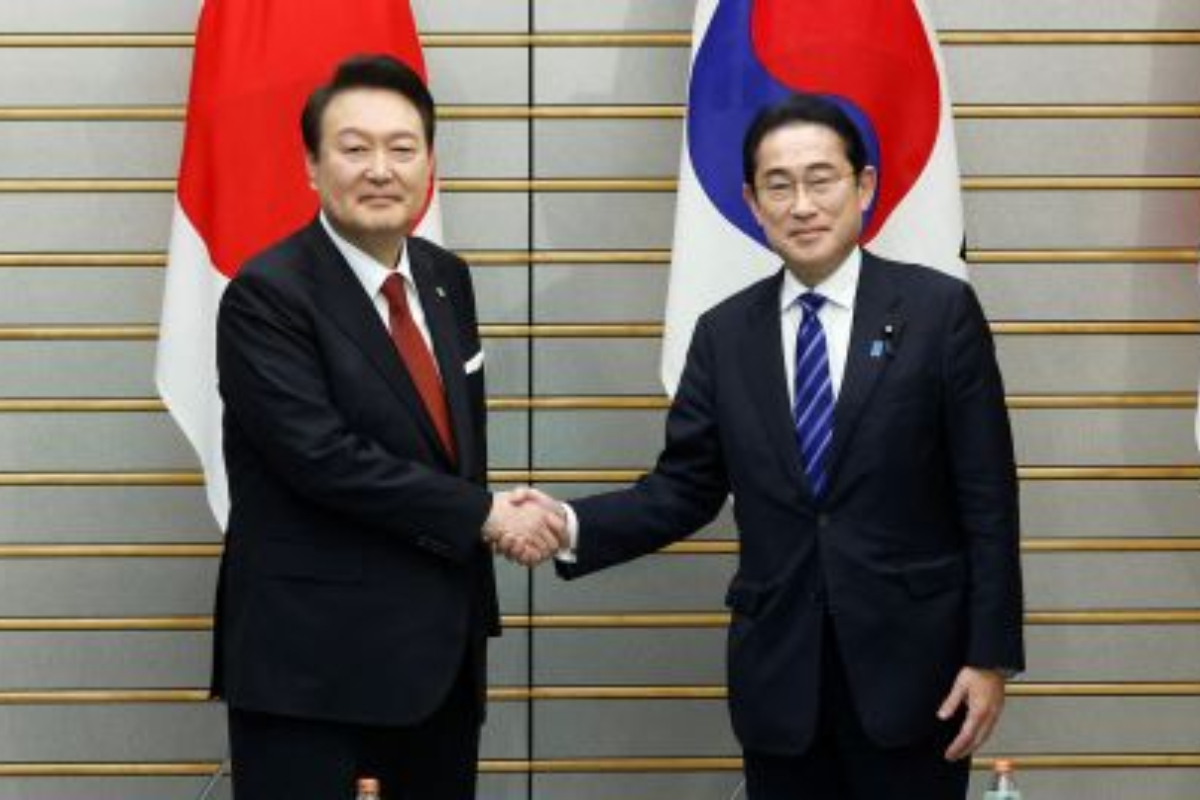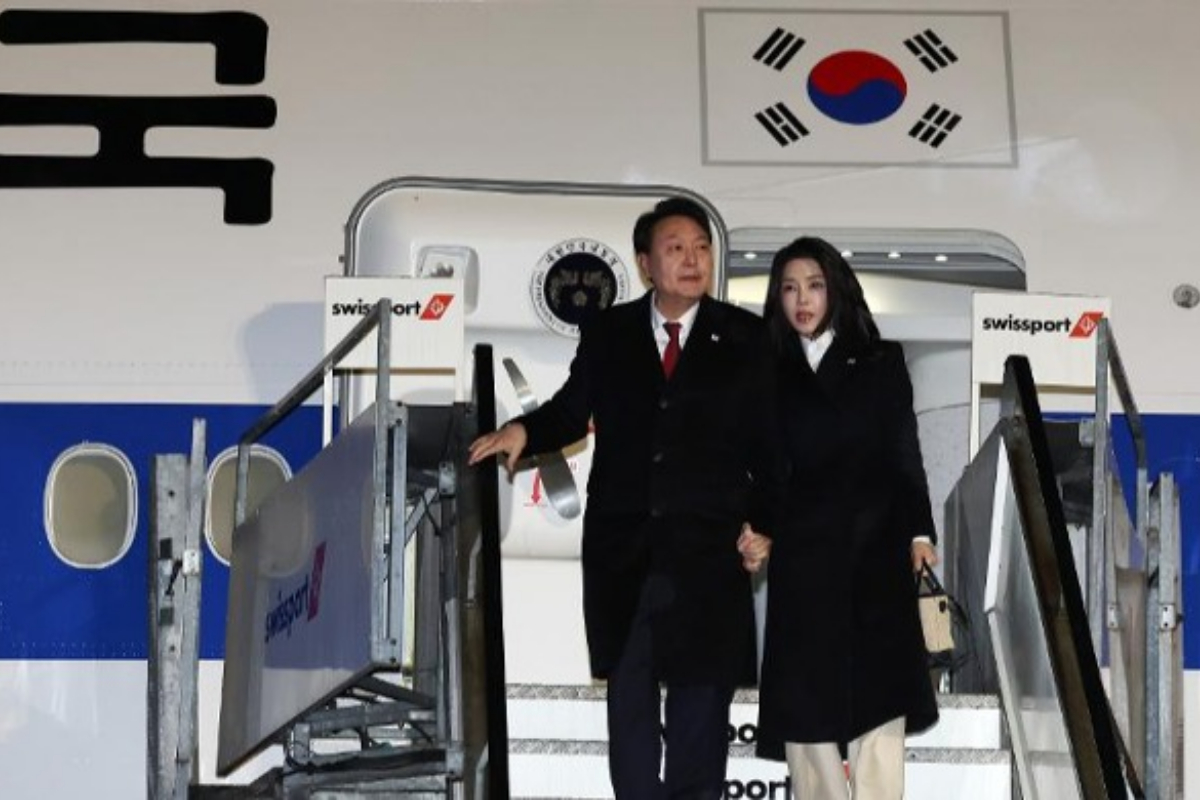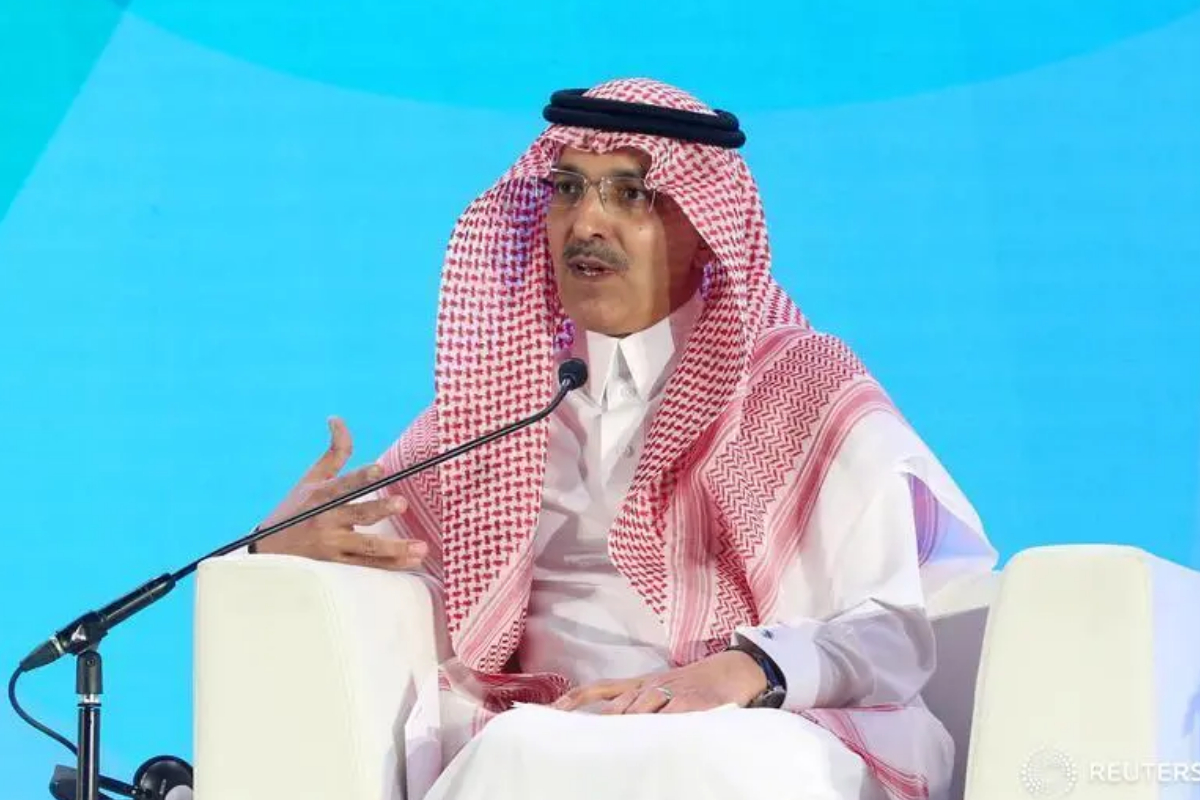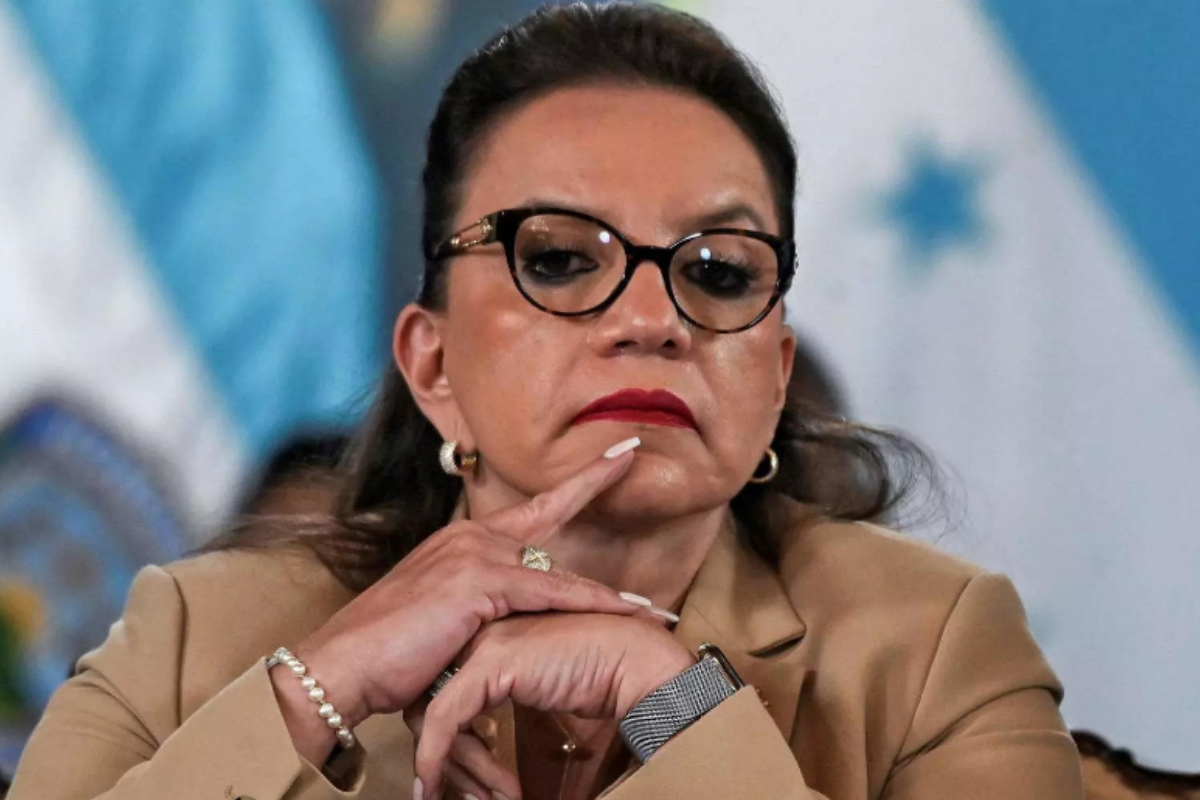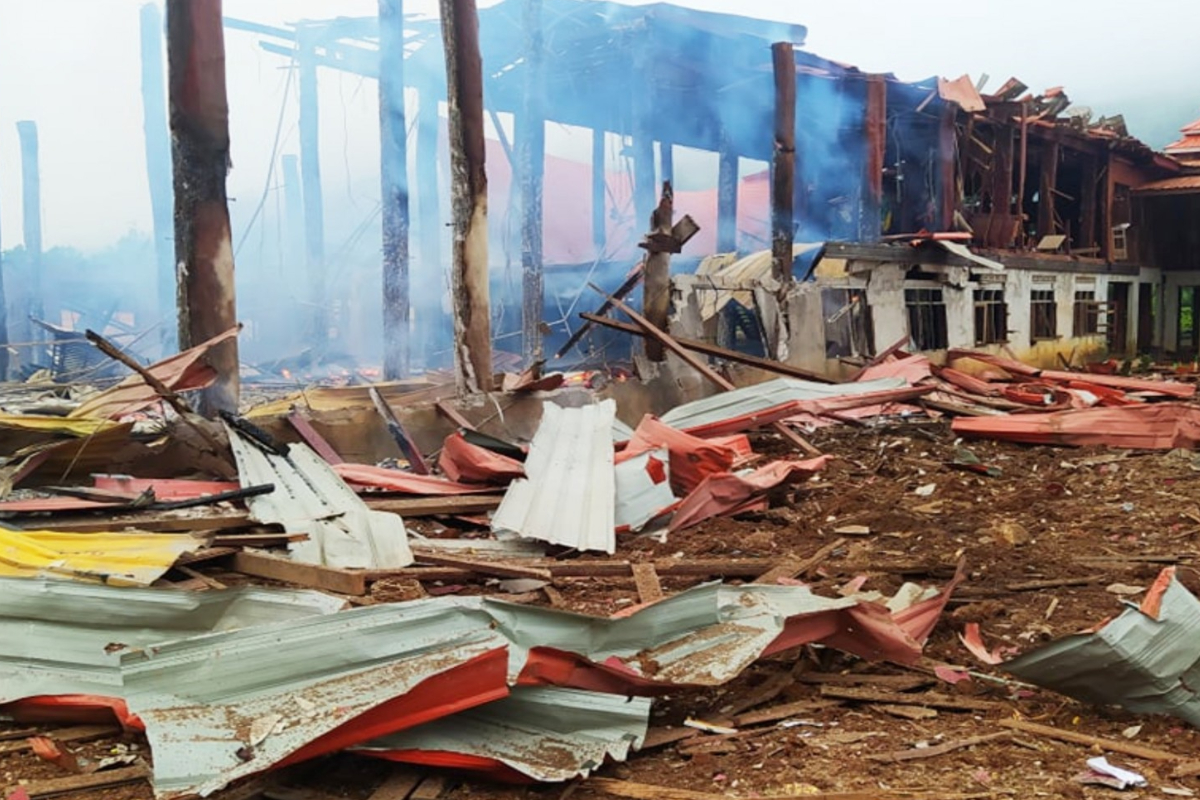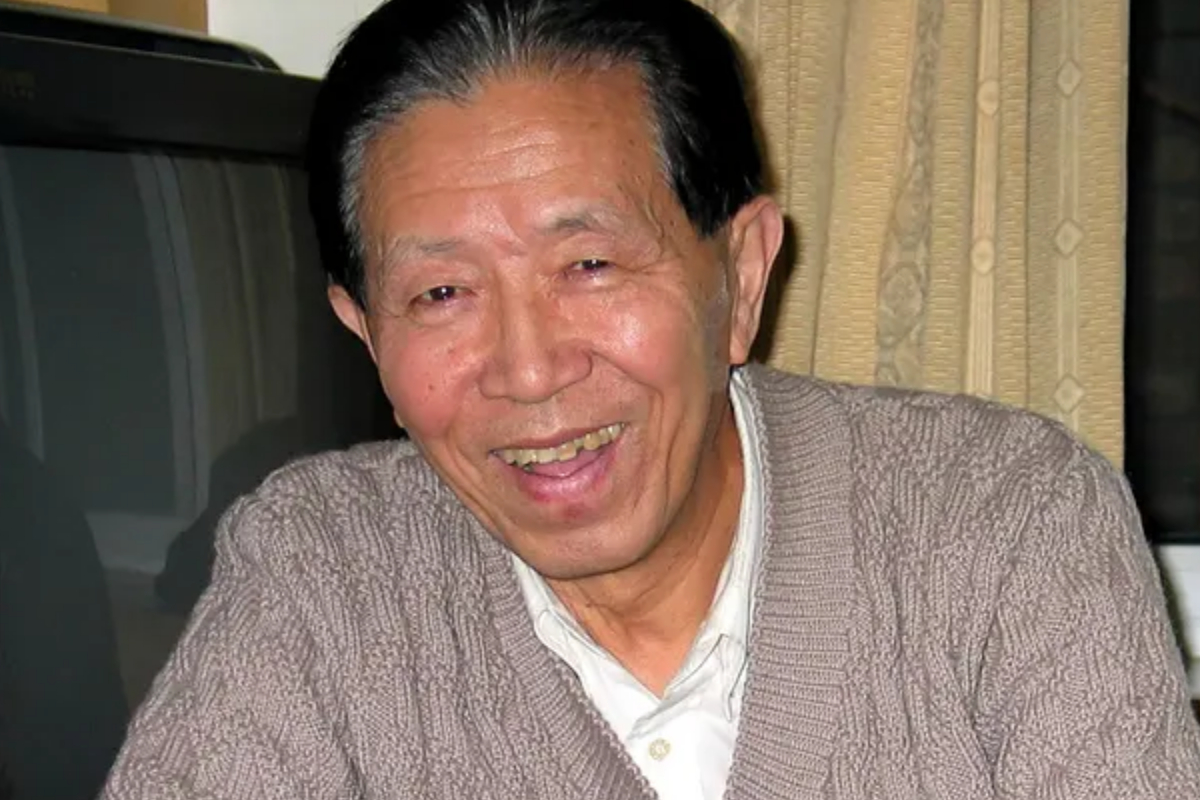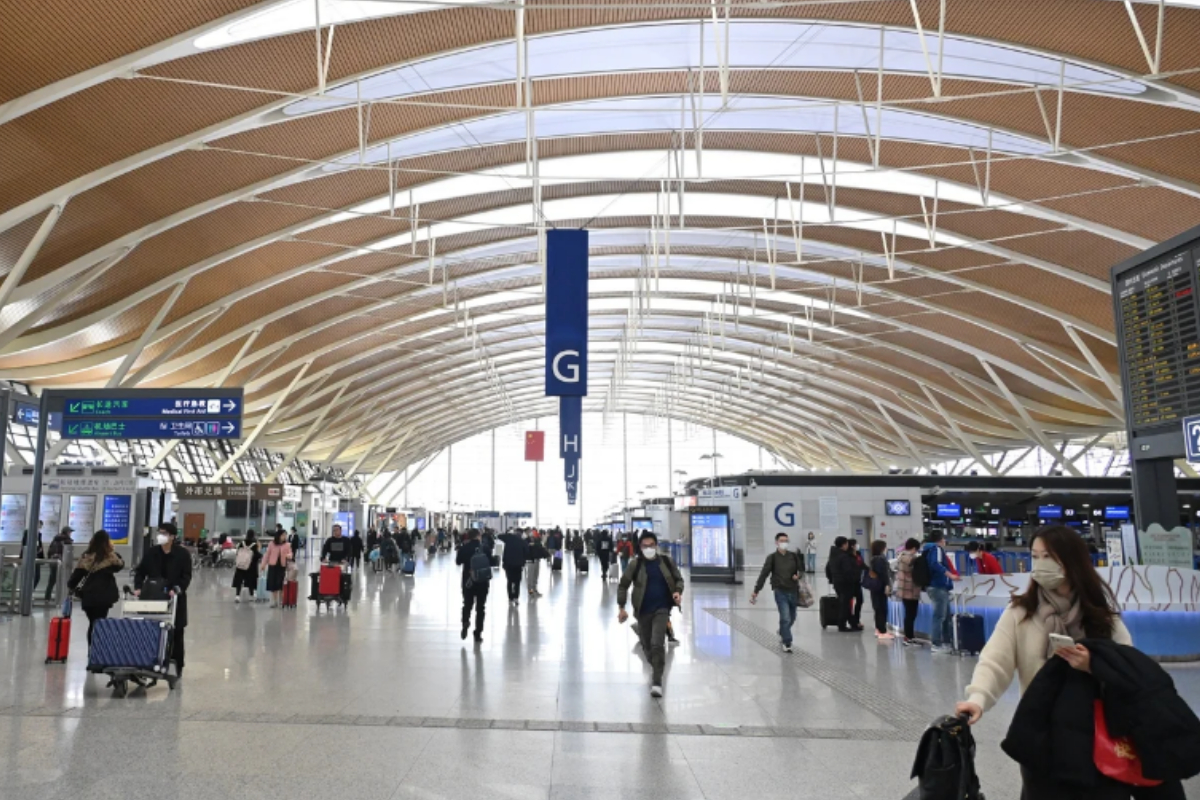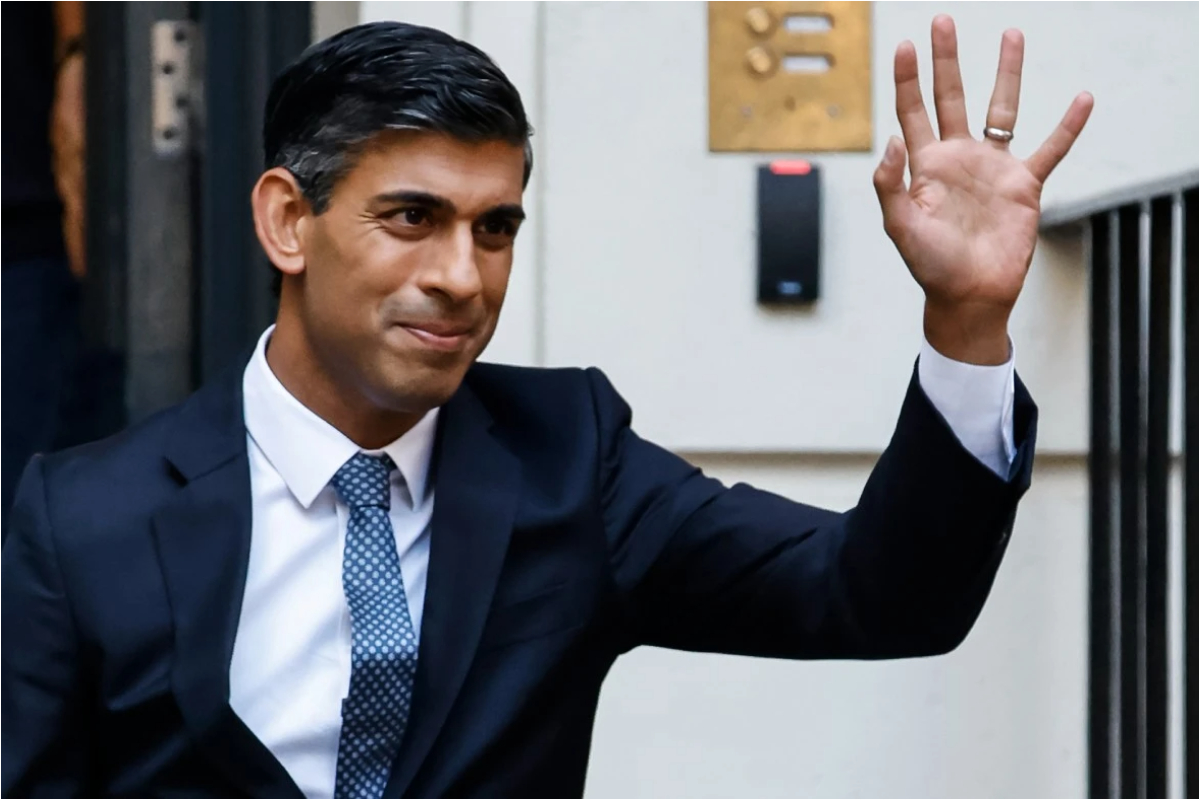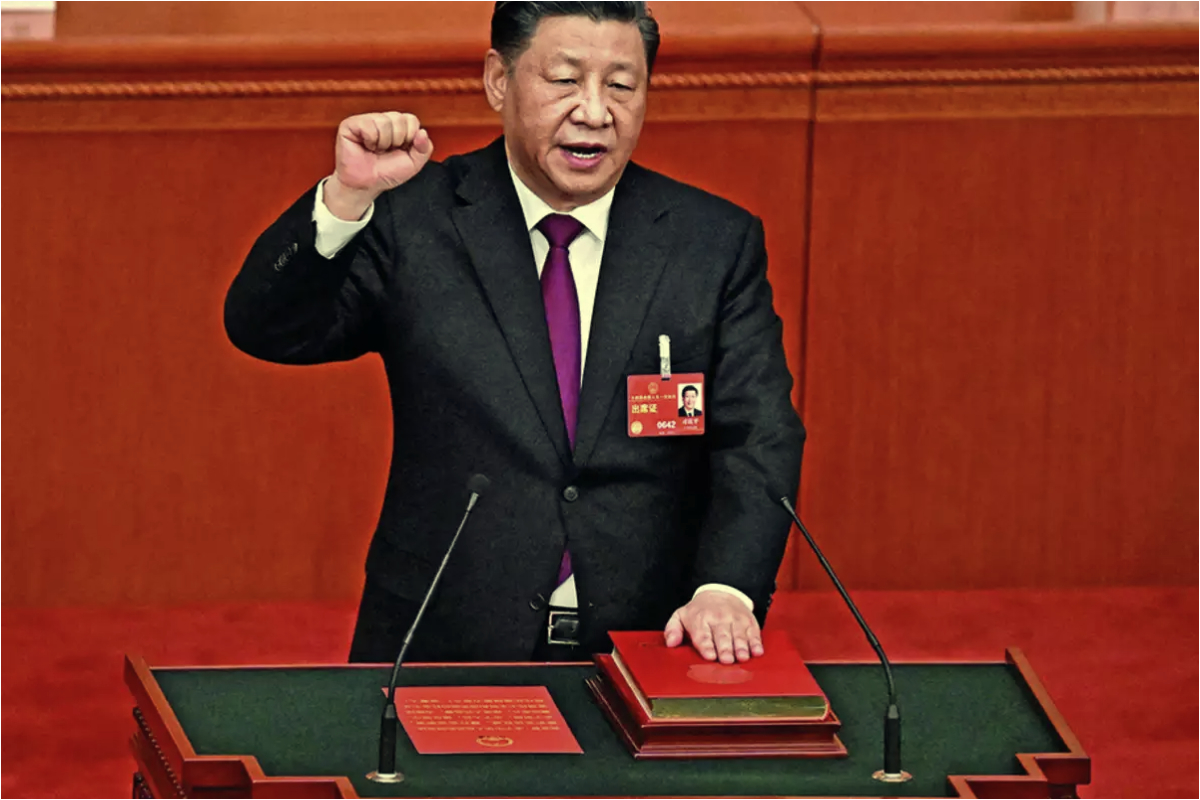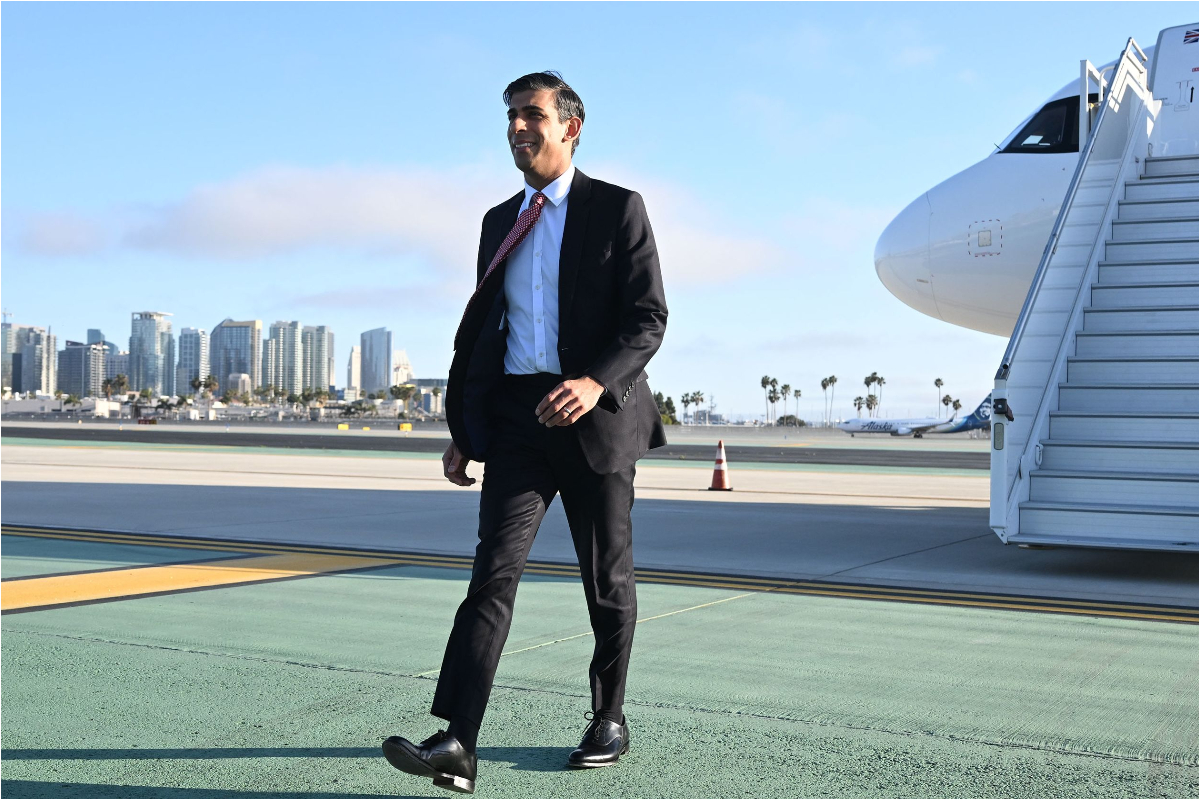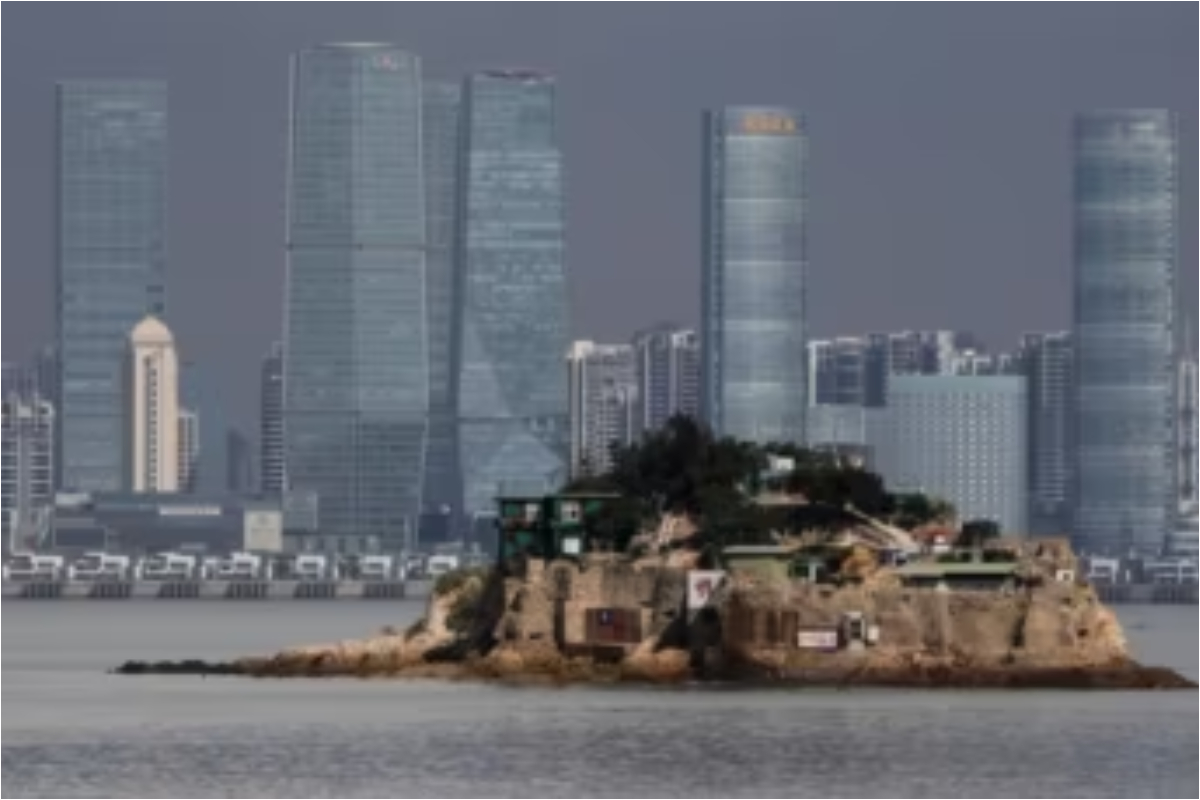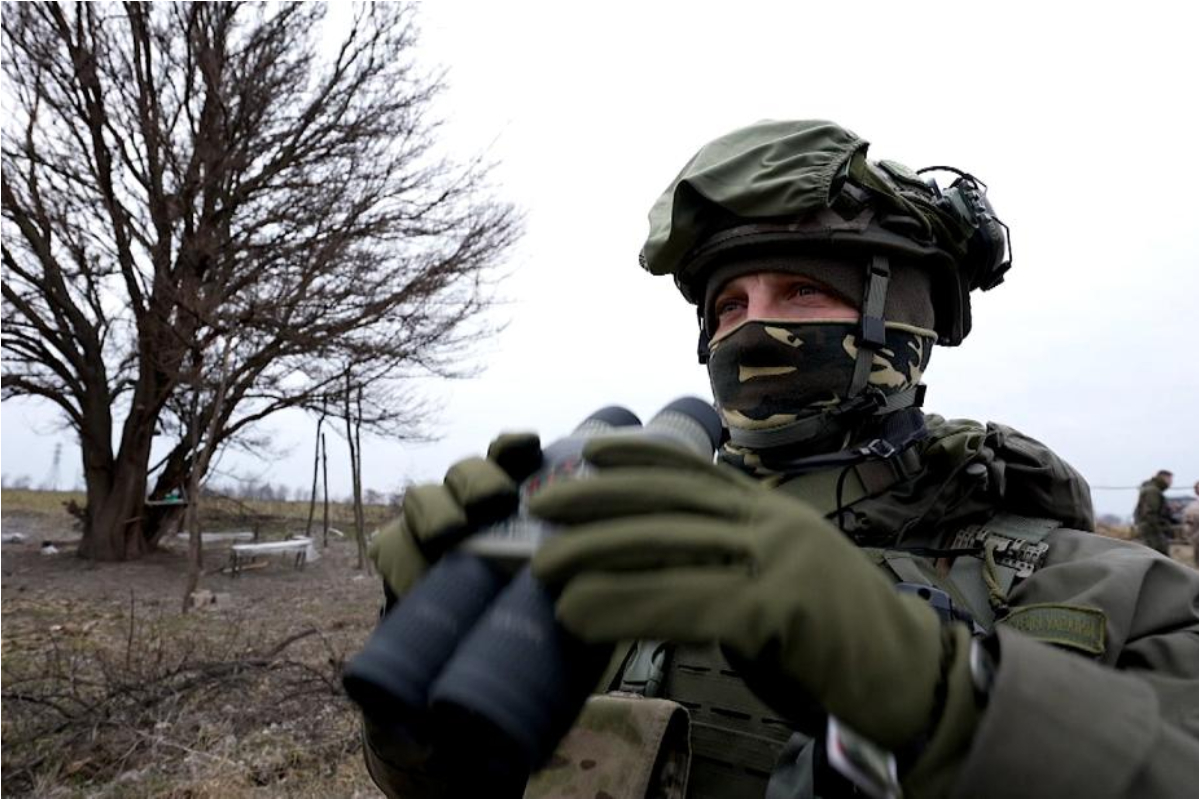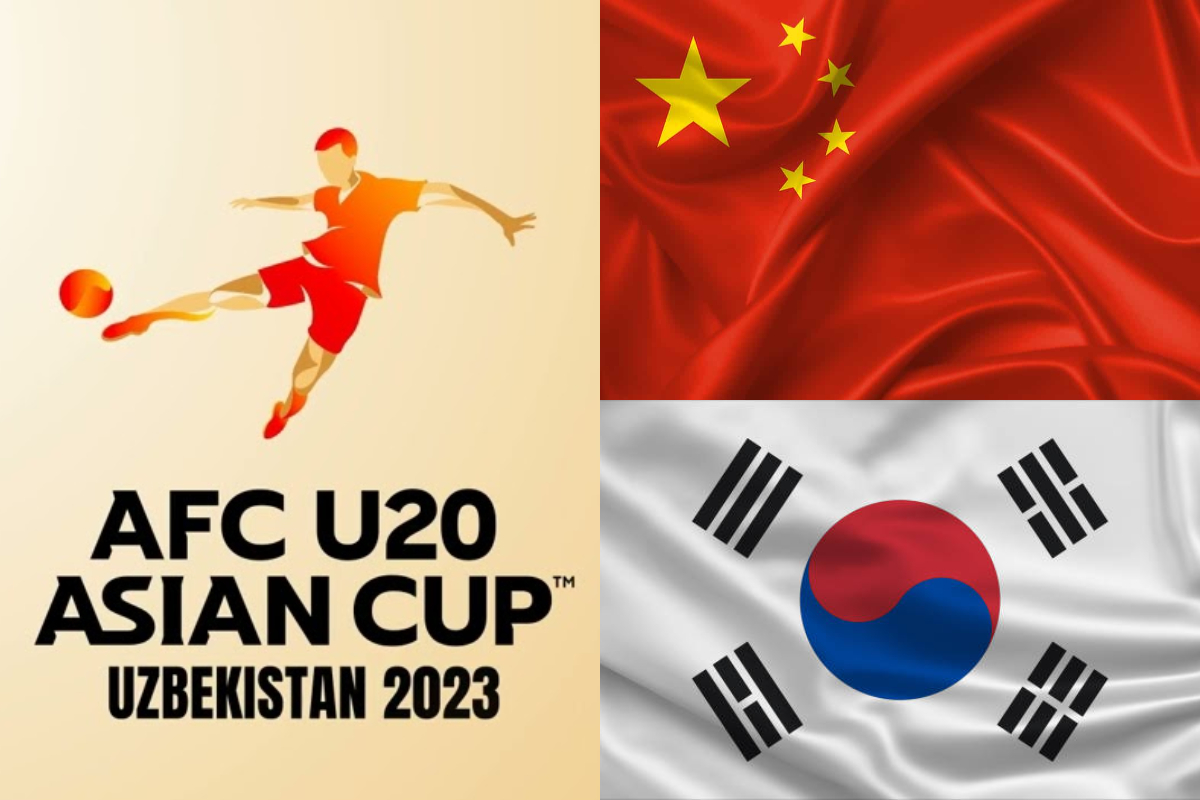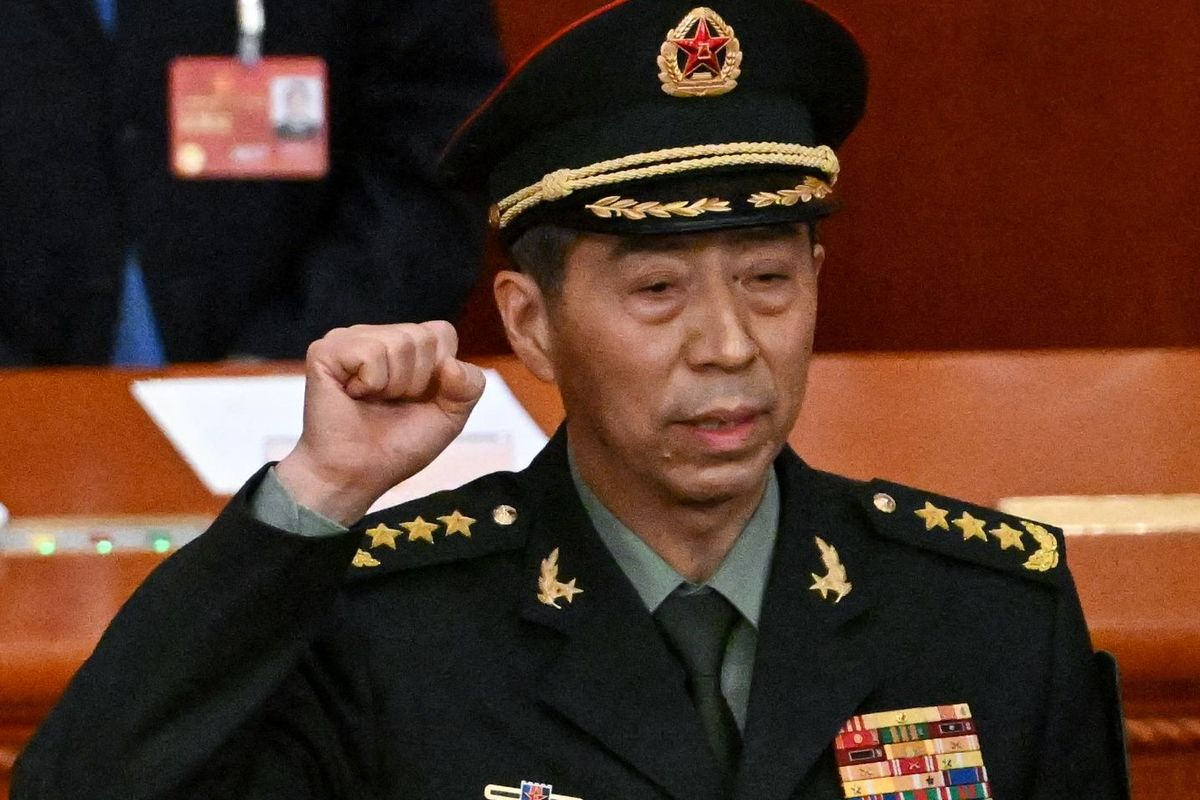- Two neighbors seek to face escalating dangers ranging from North Korea.
- The meeting between Yoon and Japanese Prime Minister Fumio Kishida is an important step.
- Yoon’s office called it an “important milestone” in the evolution of bilateral relations.
South Korean President Yoon Suk Yeol came to Japan on Thursday for a fence-mending meeting, the first such visit in 12 years, as the two neighbors seek to face escalating dangers ranging from North Korea to rising concerns about China.
Only hours before the trip, North Korea launched a long-range ballistic missile into the waters off the east coast of the Korean Peninsula, marking the fourth intercontinental ballistic missile launch in less than a year.
Hirokazu Matsuno, Japan’s Chief Cabinet Secretary, called the latest launch a “reckless conduct” that “threatens the peace and security of our country, the region, and the international community.”
The meeting between Yoon and Japanese Prime Minister Fumio Kishida is an important step in mending strained ties between the two critical US allies in Asia.
Yoon’s office called it an “important milestone” in the evolution of bilateral relations.
The rivalry between the two East Asian rivals dates back to Japan’s colonial control of the Korean Peninsula a century ago.
Although the two countries restored relations in 1965, unsolved historical disputes remained, particularly concerning colonial Japan’s use of forced labor and so-called “comfort women” sex slaves.
In recent years, the often tense relations have undercut US efforts to show a united front against North Korea – and Beijing’s growing aggressiveness.
Today, the region’s two most crucial US allies look to be ready to turn the page.
Much of this is motivated by growing security worries over Pyongyang’s increasingly frequent missile launches, China’s increasingly aggressive military posture, and tensions across the Taiwan Strait, which both Tokyo and Seoul regard as critical to their respective security.
The improved relations are great news for Washington, which has been pressing for détente.
“Our working together not only on the political front but on the strategic front, on the deterrence front, is what North Korea is scared about. It’s also what China doesn’t want to see happen,” Rahm Emanuel, US ambassador to Japan, told sources Thursday.
According to Emanuel, the United States, Japan, and South Korea held over 40 trilateral meetings at various levels in the previous year, which is more than the previous five years combined.
“That familiarity, that institutionalized dialogue and conversation, the building of trust, was probably the greatest contribution” to the thawing of ties, he said.
Before departing for Tokyo, Yoon told international media on Wednesday “there is an increasing need for Korea and Japan to cooperate in this time of a poly-crisis,” citing escalating North Korean nuclear and missile threats and the disruption of global supply chains.
“We cannot afford to waste time while leaving strained Korea-Japan relations unattended,” Yoon said.
South Korea’s relationship with Japan was “openly combative” under Yoon’s predecessor, Moon Jae-in, according to Joel Atkinson, a professor of Northeast Asian international affairs at Hankuk University of Foreign Studies in Seoul.
“So this visit is significant, sending a strong signal that under the Yoon administration, both sides are now working much more cooperatively,” Atkinson said.
The warming of relations comes after South Korea took a significant step towards resolving a long-running issue that had brought relations to their lowest point in decades.
South Korea stated this week that it would compensate victims of forced labor during Japan’s occupation from 1910 to 1945 through a public foundation supported by private Korean enterprises, rather than asking Japanese companies to contribute to reparations.
Japan applauded the measure, as did the White House.
The agreement ended a deadlock that had been reached in 2018 when South Korea’s Supreme Court ordered two Japanese corporations to reimburse 15 plaintiffs who had sued them for forced labor during Japan’s colonial era.
Japan did not agree with the South Korean court’s verdict in 2018, and no compensation was given to Tokyo.
As a result, tensions between the two countries rose, with Japan banning exports of materials needed in memory chips and South Korea canceling its military intelligence-sharing agreement with Tokyo under Moon’s presidency.
Yet, the Yoon government has been working hard to restore relations, even if it means defying domestic public pressure on sensitive, highly emotional matters like as the compensation plan.
Aside from the mounting North Korean nuclear threat, China appears to have played a significant role in Yoon’s readiness to face local anger over the compensation arrangement, according to Atkinson, the Seoul expert.
“The administration is making the case to the South Korean public that this is not just about Japan, it is about engaging with a wider coalition of liberal democracies,” he said.
“What South Koreans perceive as Beijing’s bullying, arrogant treatment of their country, as well as its crushing of the Hong Kong protests, threats toward Taiwan, and so on, have definitely prepared the ground for that.”
Even before the decisive step to settle the historical conflict, Seoul and Tokyo had expressed their determination to put the past behind them and cultivate closer ties.
On March 1, Yoon stated Japan has “changed from a military aggressor of the past into a partner” who “shares the same universal values” in a speech honoring the 104th anniversary of South Korea’s resistance movement against Japan’s colonial domination.
Since entering office, the two presidents have engaged in a flurry of diplomatic activity aimed at healing bilateral ties and extending their partnership with Washington.
Yoon and Kishida met on the sidelines of the United Nations General Assembly in New York in September for the first time since 2019. They vowed to restore relations.
In November, the two leaders met Biden in Cambodia at a regional summit.
Greater cooperation between the United States, Japan, and South Korea is concerning to China, which has accused Washington of conducting a plot to restrict and suppress its development.
Yet, Emanuel claimed that it was Beijing’s actions that brought the countries together.
“If China wasn’t in a confrontation with India twice on the border, or the Philippines twice with the coast guard, or shooting missiles into Japan’s (exclusive economic zone), nobody would be like this,” he said.
“This is a recent development in response to China’s constant confrontation with others.”
Beijing is particularly concerned about South Korea’s participation in the Quadrilateral Security Consultation, sometimes known as “the Quad,” an informal security dialogue between the United States, Japan, Australia, and India. Iran sees the alliance as part of Washington’s effort to surround the country with strategic and military friends.
A senior South Korean official stated last week that Seoul intends to “proactively accelerate” its involvement in the Quad working group.
[embedpost slug=”/north-korea-launches-long-range-missile-ahead-of-discussions-between-japan-south-korea/”]
Read more


